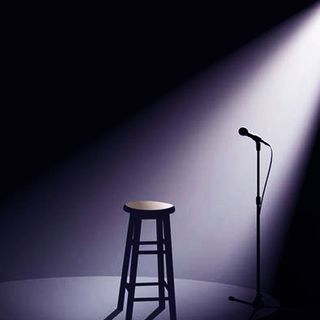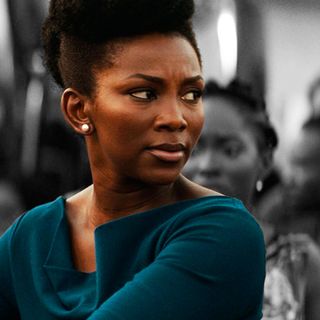There’s always been a dissonance between how arrogance — a personality trait characterized by increased levels of pride and feelings of superiority — is portrayed in popular culture and how people experience it in real life. For example, in Jane Austen’s world, Mr. Darcy, from Pride and Prejudice, is shown as arrogant, but most village folks perceive his stand-offishness as mysterious and work harder to please him. It’s only in Elizabeth Bennett’s book that Darcy remains the abrasive, prejudiced man he later evolves out of. In more realistic portrayals of arrogance, however, there is seldom an air of mystery or hope of evolution, as apparent in every finance movie ever that shows suit-clad Wall Street ‘bros’ in all their arrogant glory, uncompromising and irredeemable.
This dissonance can be explained by new research, in which arrogance — once considered a catch-all trait that signaled pride and confidence — has now been found by University of Missouri researchers to exist on a spectrum, much like its portrayals in pop culture. The types of arrogance range from “individual arrogance” and “comparative arrogance” to “antagonistic arrogance.”
Related on The Swaddle:
Self-Esteem in Children: Where It Comes From; How to Build It
Cowan and team found that arrogance can be individual — “an inflated opinion of one’s own abilities, traits or accomplishments compared to the truth,” like Logan in Gilmore Girls, or Shah Rukh Khan in every movie; it can be comparative — “an inflated ranking of one’s own abilities, traits or accomplishments compared to other people,” such as Mr. Darcy; or it can be antagonistic — “the denigration of others based on an assumption of superiority,” as present in all mean girl movies.
The negative connotation surrounding arrogance, then, differs according to the kind it is; individual arrogance can often be perceived as charming or mysterious, such as that of Ron Swanson (Nick Offerman) in Parks and Recreation, or it might portray a way to be and aspire to, such as that of grown-up Rohan Raichand (Hrithik Roshan) in Kabhi Khushi Kabhi Gham. This is, most often, the absolution of the toxic male protagonist. Comparative arrogance, such as that of Mr. Darcy, can seem pathetic to those who are perceptive, such as Elizabeth Bennett, who sees through Darcy’s need for constant comparison as a sign of insecurity. The worst kind of arrogance remains the antagonistic kind, as it becomes harmful to other people and reeks of a bullying mindset.
“Our system cannot offer a complete scientific understanding, rather it is intended to provide an analytical perspective on arrogance to help guide future psychological research,” Cowan said. “It could be applied to all types of relationships, such as interpersonal relationships, or even dialogues between nations and political groups.”




